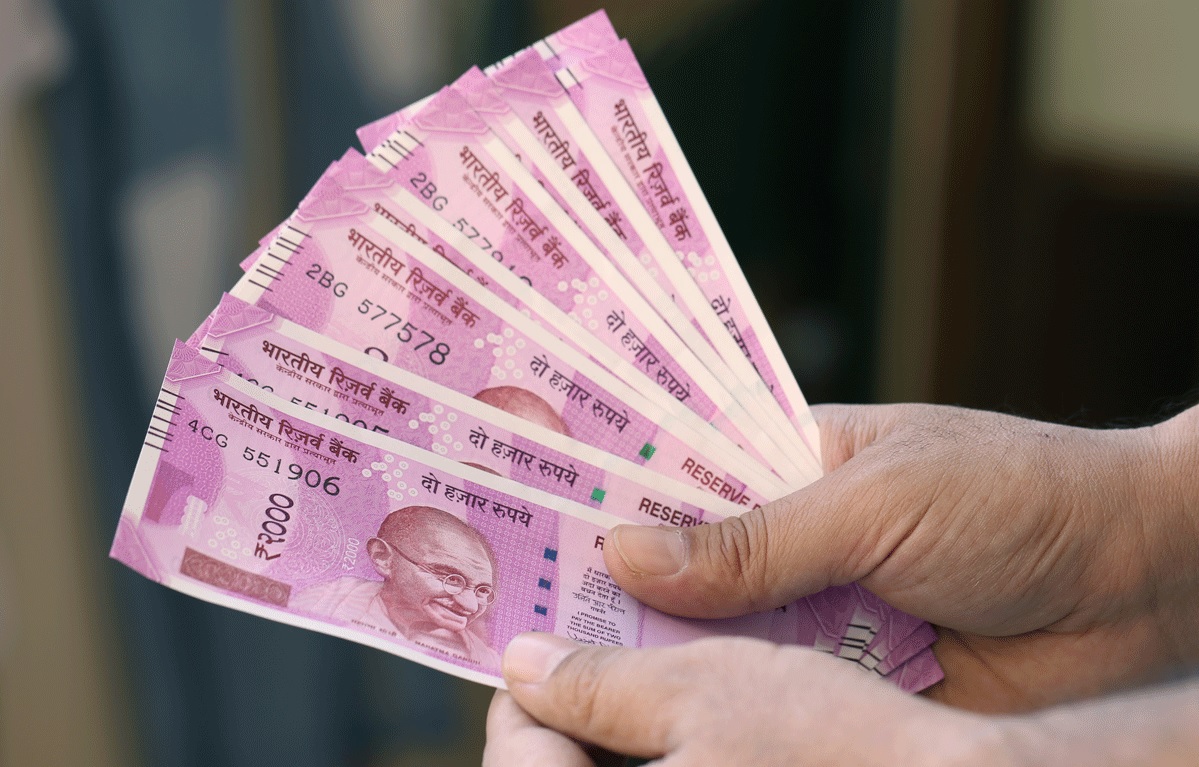I once had a teacher who was quite strict and would threaten to increase our homework if we failed to complete our classwork. Despite being aware of the rules, we always felt uneasy because even if we made good progress in class, we could still end up with even more challenging homework. This situation reminds me of how in India, citizens do not question their leaders and their actions. This may be one reason why PM Modi and his Government keep giving us ‘homework’ without ever explaining the rationale behind it through the media or parliament.
As citizens, there may be a valuable lesson for us to learn from this.
The recent removal of 2000 rupee notes may have little impact on the economy as they only make up a small portion of cash in circulation (10.8%). However, depositing these notes is a burdensome and unproductive for the public and bank staff. It baffles me why the central bank and Government would even consider doing this, as the notes could be gradually removed without causing immediate harm. It feels like Prime Minister Modi is giving us citizens homework to do.
The Reserve Bank of India (RBI) recently announced that the total value of banknotes in circulation has decreased from ₹6.73 lakh crore to ₹3.62 lakh crore, which accounts for only 10.8% of the total Notes in Circulation. This presents a significant challenge for the RBI. To help with the exchange of ₹2000 banknotes, the RBI has set up a deposit facility. However, it is crucial to conduct a thorough analysis to understand the scale of the problem, the underlying assumptions, and the significant effort required to successfully address this task within the limited timeframe.
The main goal is to deposit and retrieve ₹3.62 lakh crore within the given timeframe.
Assumptions:
● Each individual is allowed to deposit up to ₹20,000 per visit.
● The deposit process consumes approximately 10 minutes per visit.
● Banks operate for 270 working days a year.
● An average workday consists of 8 hours.
Required Effort: Based on our analysis of the assumptions, it has been determined that depositing ₹3.62 lakh crore would require around 18.1 crore trips, each taking an estimated 10 minutes per deposit. This amounts to a total of 3,017 crore work hours. With only 122 working days left (30 Sept 2023) until the deadline. A workforce of roughly 3,867,431 Bank staff members would need to be engaged to achieve this.
There may be disagreements about the specific number and assumptions, but altering them would still result in a significant amount of unproductive work. We must consider the opportunity cost, as the staff involved in this task would have to disengage from more productive work. Furthermore, we have yet to assess the impact on those who travel to the bank to make deposits, considering their opportunity cost. This exercise is ultimately a waste of resources and causes a massive loss of productivity.
It would be advisable for the RBI to increase the deposit limit, extend the period, or abandon it altogether, as the economy is still recovering from crises such as inflation, external pressures, weak local demand, and struggling MSME sectors.
Appendix
Calculations:
● Total trips required: ₹3.62 lakh crore / ₹20,000 = 18.1 crore trips.
● Total hours required: 18.1 crore trips * 10 minutes per trip = 3,017 crore work hours.
● Total working hours available per staff: 8 hours per day * 122 days = 976 hours.
● Staff required: 3,017 crore work hours / 976 hours = 3,867,431 staff members.
The author a financial professional with a master’s degree in economics. He is interested in the arts, academia, and social issues related to development and human rights.
Also Read:
Part 1: “Demonetisation: Modi’s Himalayan Blunder and its Lingering Consequences”
Related:
RBI data reveals demonetization was a failure, 99% of banned cash recovered
Money Mayhem – Demonetisation Cartoons
Demonetisation: The grandest of blunders made by anyone in Indian political history?

